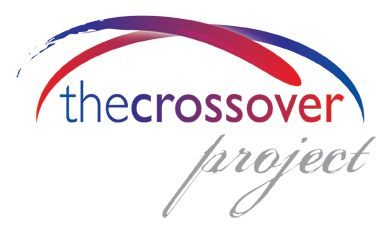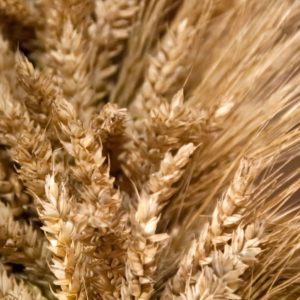This whole month G-d has been putting on my mind the different aspects of His love and how Elul is the time for us to reflect on it.
Elul is the third period of time which Moses spend with G-d on Mount Sinai,“during which time He obtained G-d’s whole-hearted forgiveness and reconciliation with the people of Israel. Ever since, the month of Elul serves as the “month of Divine mercy and forgiveness”
In this mercy and forgiveness, G-d reveals to us His unfailing love, saying, “Ani L’dodi V’dodi Li – I am My beloved’s and My beloved is Mine” – that is the heart, soul, and namesake of this month.
To fully grasp the beauty of this time, one must understand the customs that surround it.
Each day in the month of Elul, we sound the shofar as a call to repentance. Though the mournful wail of the shofar is sure to conjure images of remorse, this is very contrary to its inherent nature. The shofar was used in ancient Israel as a battle instrument, to declare war, and with Joshua and the Battle of Jericho, to even make it. The Bible says that the sound of the shofar was one of great joy and victory to the Jewish people, but for the enemies of Israel, it says “the peoples have heard, and they tremble; anguish takes hold of those living in P’leshet” (Sh’mot 15:14). For us, the shofar is the sound of our victory. In repentance, we find our victory in G-d!
Also, Chapter 27 of the Book of Tehillim (Psalms) is added to our daily prayers, to be said twice a day. In this time of preparation for the New Year, and for the Day of Atonement, David reminds us everyday, “Hashem is my light and my salvation; whom do I need to fear? Hashem is the stronghold of my life; of whom should I be afraid?” We’re on the winning side! David knew G-d was for us, because David knew the one man G-d said He was working against: Saul. But G-d isn’t working against us, He’s for us, cheering us on!
In Sh’mot 33:23, G-d said to Moses, “…you will see My back, but My face is not to be seen” – Maimonides tells us that here Moses was given a perception of G-d’s reality but not necessarily His essence. But now, in Psalms 27:8, we affirm to G-d that, “my heart said of You, ‘seek My face.’ Your face, Hashem, I will seek”. We’re asking G-d to take us deeper than we’ve been before, to show us His essence, to show us His glory.
And to finish, David confesses, “If I hadn’t seen Hashem’s goodness in the land of the living, I would’ve lost heart. Put your hope in Hashem, be strong, and let your heart take courage!”
The Baal Shem Tov also added the custom of reading another 3 chapters of Psalms a day (until Yom Kippur where the final 36 chapters are read), thereby reading the entire book in a month, which just adds the to Glory after reading elsewhere from the Ketuvim during the daily prayer services.
On the very first Rosh Hashanah with Adam and Eve, before G-d gave us the promise of Mashiach, before He gave us the Torah, before we had the choice to err, G-d gave us a covenant with our spouse in marriage, and named it “Echad”, the same word He uses to describe Himself in the Sh’ma, and on most Jewish wedding rings, you’ll find written the core of Elul, “Ani L’Dodi V’Dodi Li.” G-d first made His wedding covenant with Isarel at the beginning of summer for Shavu’ot, and at end of the summer we renew our vows, and of course ask G-d to release us of our old ones (in the Kol Nidrei).
Covenants. Glory. Love.
G-d is all about covenants, because through them we see His glory, and in His glory we find Love. That’s the goal.




